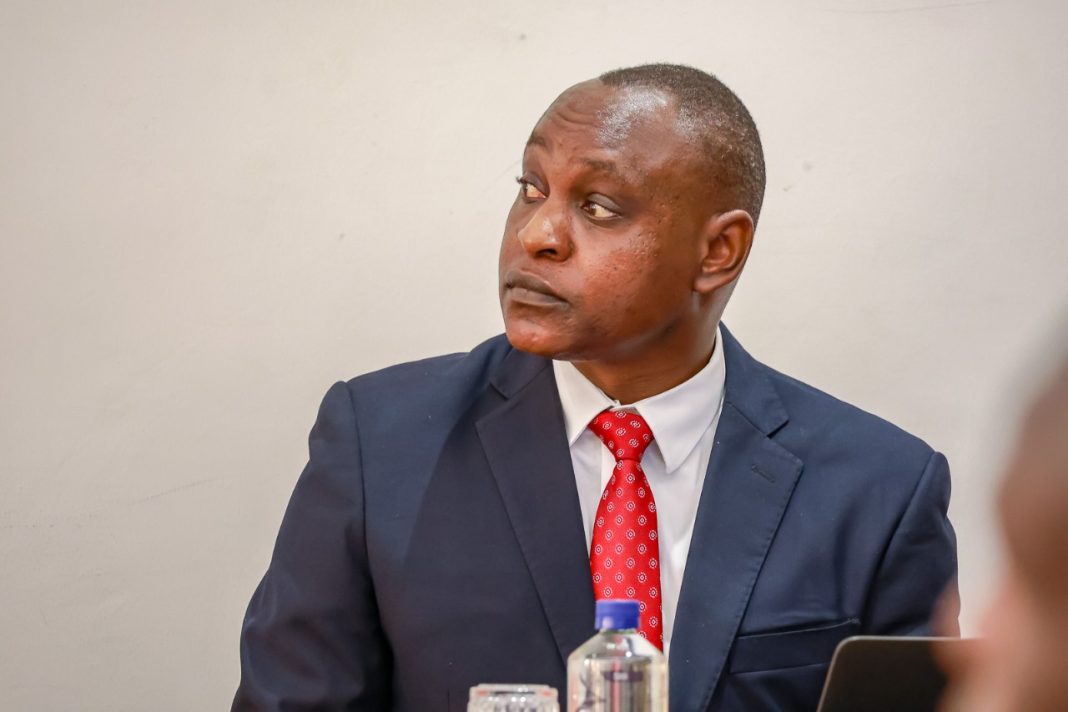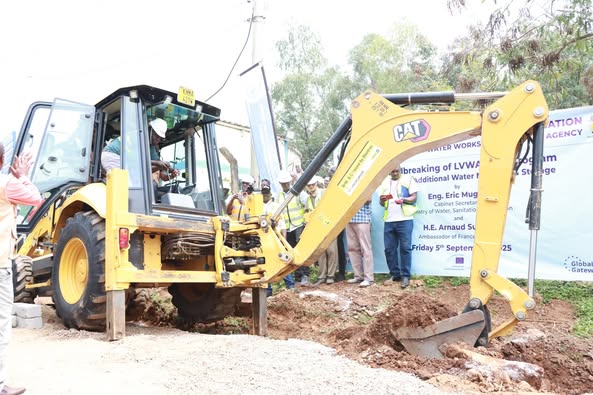By Billy Mijungu
Have you ever heard of an accountant who works in a government ministry for decades without ever being transferred? This is not an accident. It is the outcome of a system that has long been manipulated through bribery, canvassing, and influence. Some officers remain in one position for an entire career while others are constantly shuffled and inconvenienced. The lack of fairness in postings and transfers has eroded trust in the public service and created an environment where corruption thrives.
This problem runs deeper than one profession. It cuts across the entire spectrum of government human resource management. The way postings and transfers are handled has created pockets of privilege where those with connections or money enjoy stability, while others are at the mercy of arbitrary reshuffles. Officers who are willing to bribe are assured of comfort, while those who refuse suffer endless uncertainty. The net effect is a system that undermines efficiency and breeds resentment among public servants.
The time has come to address this challenge with a bold solution. That solution is the creation of a Random Digital Support Units Posting System. The idea is simple but powerful. Instead of leaving transfers and postings in the hands of individuals who can be influenced, the process would be automated and digitized. Officers would be posted through a random system that follows preset criteria. These criteria would include qualifications, years of service, regional balance, and institutional needs. Once these factors are entered into the system, the allocation of officers would be done automatically.
This approach has clear advantages. First, it removes predictability. When no one can anticipate how and where postings will be done, the opportunities for manipulation disappear. Second, it restores fairness. Every officer, whether junior or senior, connected or unconnected, would be subject to the same transparent framework. Third, it boosts morale. Officers would know that their transfers or retentions are not based on favoritism but on a neutral and credible system.
There are many lessons to be borrowed from other institutions. In the military, for instance, postings are guided by structured systems that rotate officers regularly to prevent entrenchment and to maintain discipline. The judiciary has also embraced structured transfers to ensure fairness and reduce the likelihood of corruption in courts. If such critical institutions can thrive on clear transfer policies, then the public service at large can adopt a digital system that applies the same principles at scale.
Randomness might sound chaotic, but in reality it brings clarity. When the rules are known and the system is automated, there is no room for second guessing or backdoor deals. Officers cannot bribe a computer, nor can they lobby an algorithm. Instead they focus on their work, knowing that their career path is managed in an impartial manner. Over time this strengthens the culture of accountability and professionalism within government institutions.
The need for this reform grows even more urgent as the public service expands. With an ever growing workforce, the current manual system of handling postings is unsustainable. It is vulnerable to corruption, it wastes time, and it undermines efficiency. A digitized and randomized system would save money, reduce human interference, and most importantly, rebuild public trust in government.
We are in an era where the strength of a nation is measured by the strength of its systems. Kenya must move away from personalized decision making that is prone to abuse. We cannot continue to rely on patronage and favoritism if we want a productive public service. What we need are strong institutions that are respected because they are transparent and incorruptible.
A Random Digital Posting System is more than a technical reform. It is a signal of intent, a commitment to fairness, and a demonstration that the government is willing to embrace change. By removing the human hand from the transfer process, we remove the temptation of corruption. By creating equal chances for all officers, we encourage merit and discourage manipulation.
If we are serious about reform, then this is the moment to act. Randomness guided by clear criteria will deliver clarity, credibility, and fairness. Patronage has already failed us. It is time for systems to lead the way.




